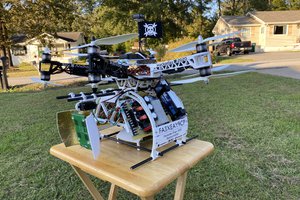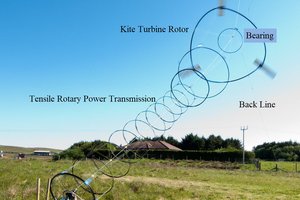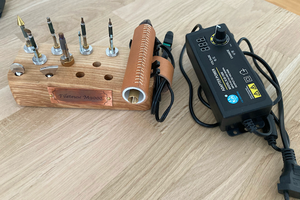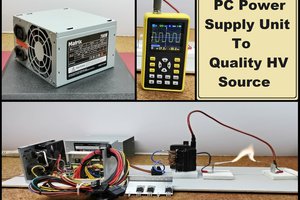I will be making as much as I can, so I will have to make the power supplies, signal generators, detector, mechanics, etc. At the moment I am making the coils, which is not simple, as the first thing I needed to build was a winding counter. In order to achieve the best field homogeneity, they need to be wound as accurately as possible, so the winding mechanism needs to be robust. Possible issues will be heat dissipation (40-50 watts each), mechanical strain (attractive force between coils), rigidity.
Lorentz coils are proving to be trickier than expected. In order to operate at 5Mhz, the field needs to be apprx 117mT. To achieve this I need a coil of 1000ampere turns and 10mm in width. This is going to be difficult to implement. So rather than spend a great deal of time and resources, I have decided to lower the operating frequency to 1Mhz. The coils and power supply will be much easier to put together. It will incur a lower signal to noise, but at least I will be able to get something going and hopefully i may be able to upgrade it at a later date (if it works at all).
 jebullard
jebullard
 Josh Starnes
Josh Starnes
 Roddy "Rags" Read
Roddy "Rags" Read
 vincentmakes
vincentmakes
 mircemk
mircemk